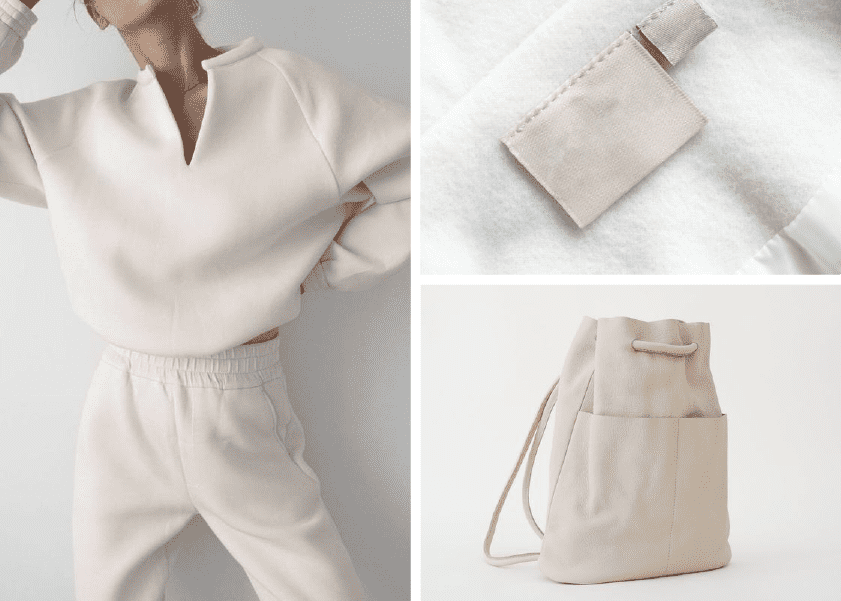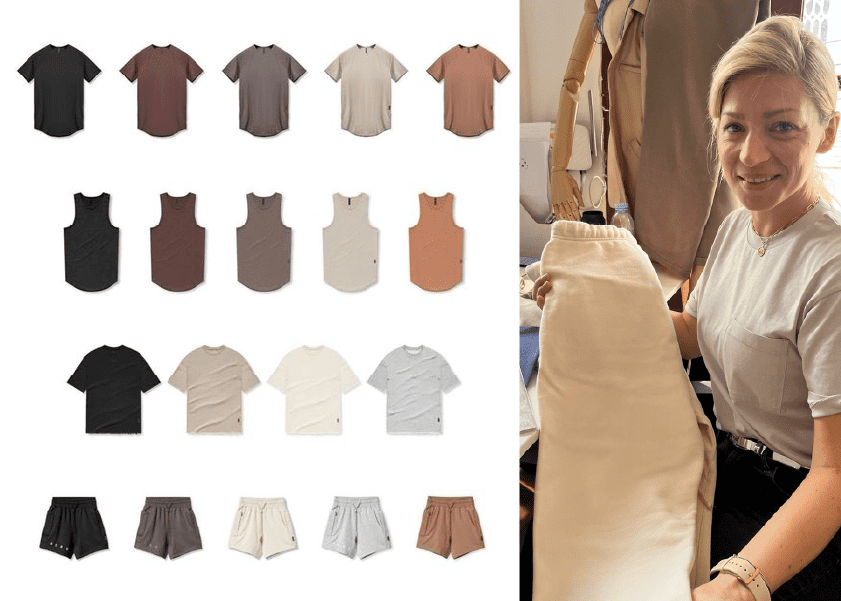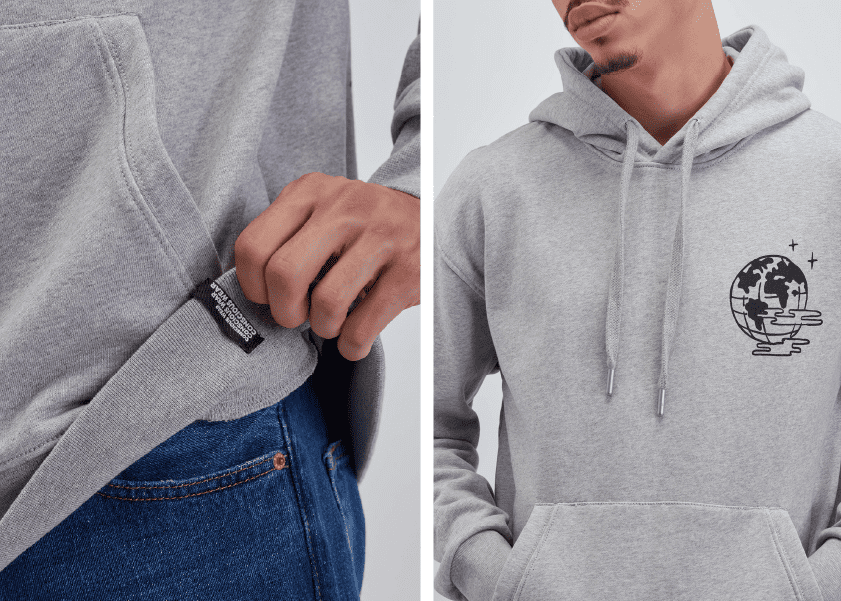Are you in the fashion industry, and looking to expand your business by sourcing new private label products?
You’ve come to the right place!
Private labeling is a common practice in the fashion industry where a manufacturer creates a product and allows another company to put their own branding on it. This can be an excellent way to expand your product line without the need for extensive design and manufacturing resources.
But what is a private label, and how does it differ from traditional manufacturing methods?
In this blog post, we’ll explore what a private label is, its benefits, and its challenges so you can make an informed decision on whether it’s right for your business. Keep reading to learn more about how to source private-label products!
WHAT ARE PRIVATE LABEL PRODUCTS?
Private label products are goods that are produced by one company and sold under the brand name of another company. In other words, private label products are branded products that are created by a manufacturer but sold under the name of a retailer or another company.
Private label products are often created to offer consumers a cheaper alternative to established brands. They are usually made by manufacturers that specialize in producing products for multiple retailers or companies. And private label products can be found in a wide variety of categories, including household goods, beauty products, and clothing.

WHAT ARE THE BENEFITS OF PRIVATE LABELS FOR RETAILERS?
Some of the advantages of private labels include the following:
- Saves Time, Effort, and Resources: By partnering with a third-party manufacturer, retailers can save time, effort, and resources that would otherwise be required to develop, produce, and distribute products on their own. Private-label fashion manufacturers handle the majority of the production process, freeing up the retailer to focus on other areas of their business.
- Allows for Small Quantity Orders: Private label goods can be manufactured in small quantities, allowing retailers to test the market before committing to large production runs. This flexibility allows retailers to respond quickly to changes in consumer demand, ensuring that they are always offering products that meet the needs and desires of their customers.
- Avoids Heavy Workload in New Product Development: Developing new products can be a time-consuming and resource-intensive process. By partnering with a third-party manufacturer, retailers can offload a significant portion of this workload, reducing the stress and pressure of new product development. This allows retailers to focus on other areas of their business and ensures that new products are developed efficiently and effectively.
The use of private-label products for small businesses offers many benefits, including cost savings, flexibility, and the ability to respond quickly to changes in consumer demand. By leveraging the expertise and resources of a third-party manufacturer, retailers can increase their profits and strengthen their brand identity while still offering high-quality products to their customers. See DEEPWEAR Catalogue
WHY PRIVATE LABEL IS NOT ALWAYS A GOOD CHOICE?
Even Though Private Label sounds very convenient for the brand, let’s dig deeper into this topic
As we have been in the industry for over a decade, there are some downsides to private label clothing. Here are some of them:
- Limited brand recognition: Private label brands often have limited brand recognition, which makes it harder to attract customers and build brand loyalty.
- Quality: In an effort to keep costs low and maximize profits, manufacturers may cut cost corners or use lower quality materials when manufacturing private label products. This can result in inferior products that don’t perform well or last as long as their branded counterparts.
Sustainable is a way forward - Lack of Flexibility: When you choose to create your own brand, you have more control over the design, style, materials, and other aspects of the product. However, private label products may not offer the same level of flexibility and customization as creating your own brand.
- Increased competition: The market for private label clothing is highly competitive, with many other brands offering similar products, making it difficult to stand out and establish a unique brand identity.
- Lower margins: Private label products to sell at lower prices can result in lower profit margins for retailers.
CHOOSING THE RIGHT PRIVATE LABEL PRODUCT MANUFACTURERS
In conclusion, while private label products can offer a number of benefits for businesses, it’s important to carefully consider the quality and level of customization that you require.
Choosing the right private label product manufacturer is key to ensuring that your products meet the standards that you and your customers expect. That’s why Deepwear is here! We can help you navigate the process of selecting the right manufacturer. We can also provide a range of services such as quality assessment, negotiations, and more so that you have all the support you need from start to finish. In addition, we have the expertise in finding an array of private label goods ranging from garments and jewelry to accessories.
And with professionals specializing in product development, quality assurance, and production processes, you can rest assured that your products are produced using the utmost care and precision. Moreover, accessing our global network of verified private-label manufacturers helps ensure your product is created with quality components and on time — leading to success for your private-label project.
To learn more about private label, contact Deepwear today! CLICK HERE.

